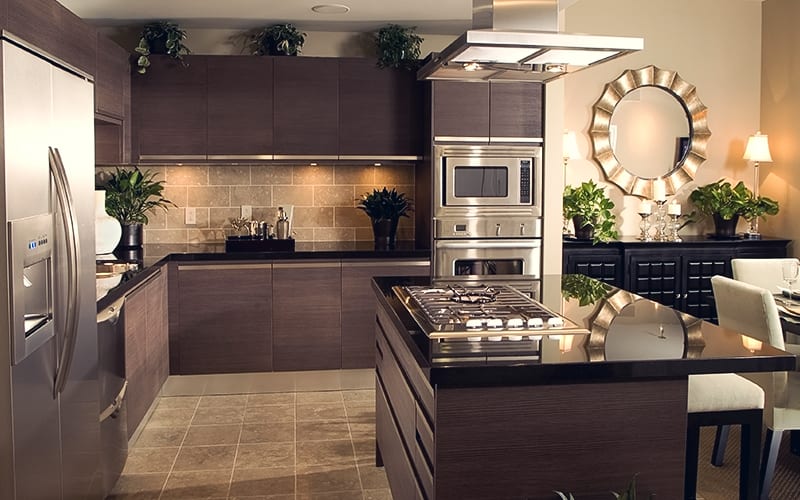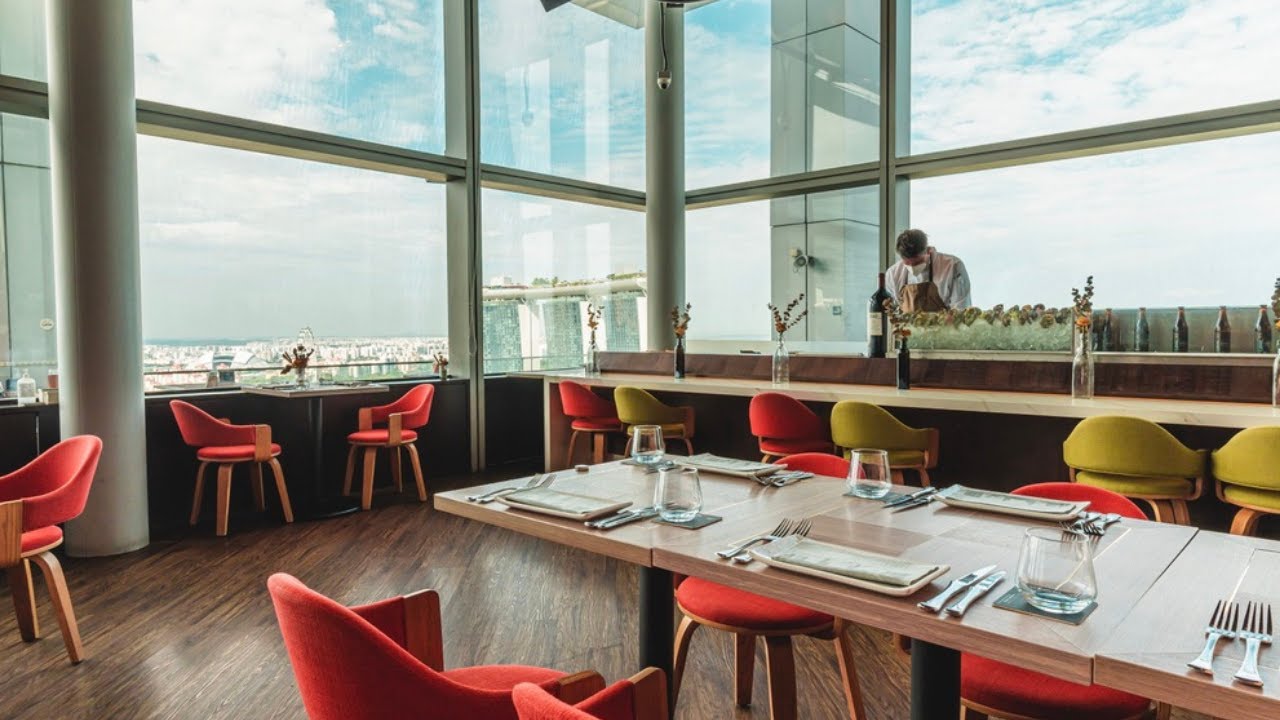Food Bank In Singapore: Objectives And Benefits Of The NGO
Helping people in need of food is the focus of the NGO food bank program in Singapore. The food charity singapore aims to reduce food waste and address food insecurity by collecting surplus food from different sources and distributing it to beneficiaries.
Understanding how food charity works in SG
The food charity NGO in Singapore has been helping people, especially those starving to death due to hunger. They have saved the lives of these individuals by fighting against food insecurity by providing meals to people who cannot afford them. Even though SG is a well-developed country, there are still those who cannot afford it for some reason. The good news is that these food charity NGOs continuously have a helping hand.
Many have relied on volunteers to sort and pack these foods for distribution. These volunteers are seen in NGOs who willingly spend time and effort to prepare these meals for people. They work with charities and government programs to continue the objectives of helping people. Volunteers are not paid, they continually serve the people without asking in return.

The food charity organization provides food, such as:
- fresh produce
- dairy
- proteins
The food charity NGO does not just provide canned foods, because people can still eat fresh and nutritious foods.
Who is eligible to receive food bank?
Food charity in SG helps people facing food insecurity, such as:
- Low-income families. Families are struggling to afford groceries because their income is not enough to support daily expenses. Although these people can eat, they cannot afford groceries because of low wages. Expectedly, they cannot eat enough within the day because they pay high rentals, making them face financial hardships.
- Children. The food charity supports school meal programs for kids who do not have enough food to eat at home.
- Seniors. The elderly people on their fixed income cannot afford nutritious meals. The food charity program is helping these elderly people stay healthy by providing them with nutritious foods without spending a small portion of their fixed income.
- Homeless people. A lot of homeless people have no stable shelter and rely on soup kitchens and food charities for meals. These people are not neglected by the NGO food charities that continually support these food insecurity individuals.
- PWDs. People with disabilities who have health conditions who face financial struggles can receive food donations.
- Underemployed and unemployed people. There are people who have lost their jobs or only have part-time jobs, and are expected to have low income and need temporary food assistance.
Conclusion
No hungry people in Singapore are unfed by the food charity in Singapore.















